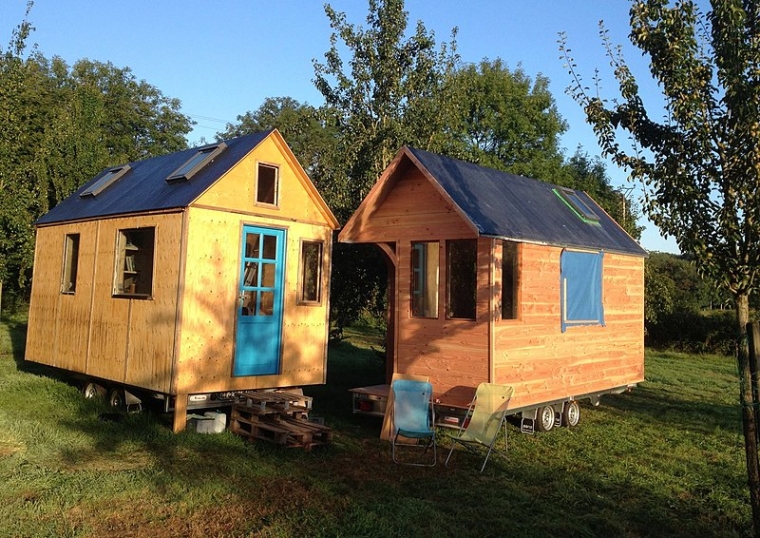
The housing market may remain subdued for the rest of the year, in spite of the latest interest rate cut by the Reserve Bank (RBNZ) and the possibility of more to come, according to property data company Cotality.
Cotality Chief Property Economist Kelvin Davidson noted that that the RBNZ's forecasts that accompanied the latest Monetary Policy Statement suggested that GDP may not have bottomed out yet, with a possible -0.2% drop in the second quarter of this year, and the unemployment rate could still rise a little further.
He also noted that inflation might still rise a bit higher due to the tradeable/imported content, but spare capacity in the economy should mean that wouldn't last.
"It seems fair to conclude from these projections that another one or even two OCR cuts lie ahead," David son said in a note on the latest RBNZ moves.
Normally, a cut to the OCR would flow through to lower mortgage rates, which in turn would be expected to stimulate the housing market and lift property prices.
But Davidson warns that any such flow through effects could be limited this time.
"The housing market effects from today's decision are likely to be small," he said.
"If anything, the possibility of more falls in mortgage rates than previously thought could lift activity and house prices a bit, but those rate changes may be fairly minor," he said.
"In the meantime, as the RBNZ has indicated, the economic and labour market outlook is still disappointing - which will tend to weigh on housing, as it's already doing," he said.
"Those concerns about job security might mean that many existing borrowers who are rolling off higher fixes from the past and down onto the new prevailing mortgage rates, might choose to save their extra cash or reduce the term of their loan by keeping repayments the same, rather than spend it in the economy or property market," he said.
"All in all, the rest of 2025 for NZ's housing market may be just as subdued as the first 7-8 months of the year," Davidson concluded.
The comment stream on this article is now closed.
8 Comments
Reckon everyone got a real scare at 7% rates. Note this was the long term average thereabouts.
Especially the group most exposed who have never known anything but low rates and endless jucing from the RBNZ. They fair FOOP'd themselves. Stories of some abandoning the house and debt, and fleeing to Straya.
The responsible lending code totally did it's job. In the GFC there were thousands of mortgagee sales, this time round with a bigger crash there have been bugger all. The test rates they applied to lending offset a lot of the big discounts, and while it will have sucked for a lot of folks to grind through the last few years, they kept their homes for the most part.
There's a difference between a value drop and what happened in the GFC, which I suspect is what many posters on here were gleefully waiting for.
We have already learned that the drop in interest rates has not been halting the fall in price of houses. They have quite a way to fall yet.
The big driver has been that the price of house went to outrageous levels. They have to fall. Despite the dreamers and the interest rates and the spruikers.
People will now be doing their maths at 4.1-4.4% rates now because that is likely where we will be end of year.
The thing is, even at 4%, investment housing barely stacks up.
The only thing that stopped house prices crashing further at 7% was the knowledge that interest rates would probably get back to 4%. But 4% is not stimulatory.
Certainly a new build at 4.5% gross doesn't make much sense. It never did really, OPES et all are very good at selling.
Correct but for owner occupier who has existing equity its ok, its how the FHbers get in that's key and many have decided its regional NZ maybe its Aussie.
As an investment its needed to make capital gains to make sense since the GFC
5 years ago I thought our property we bought 18 years ago was the best investment ever. Now after 5 years of inflation and house prices going backwards, I actually wonder if we would have done better in shares or something.
Anyone that bought even in the last decade is probably doing much worse than other investments.


We welcome your comments below. If you are not already registered, please register to comment
Remember we welcome robust, respectful and insightful debate. We don't welcome abusive or defamatory comments and will de-register those repeatedly making such comments. Our current comment policy is here.